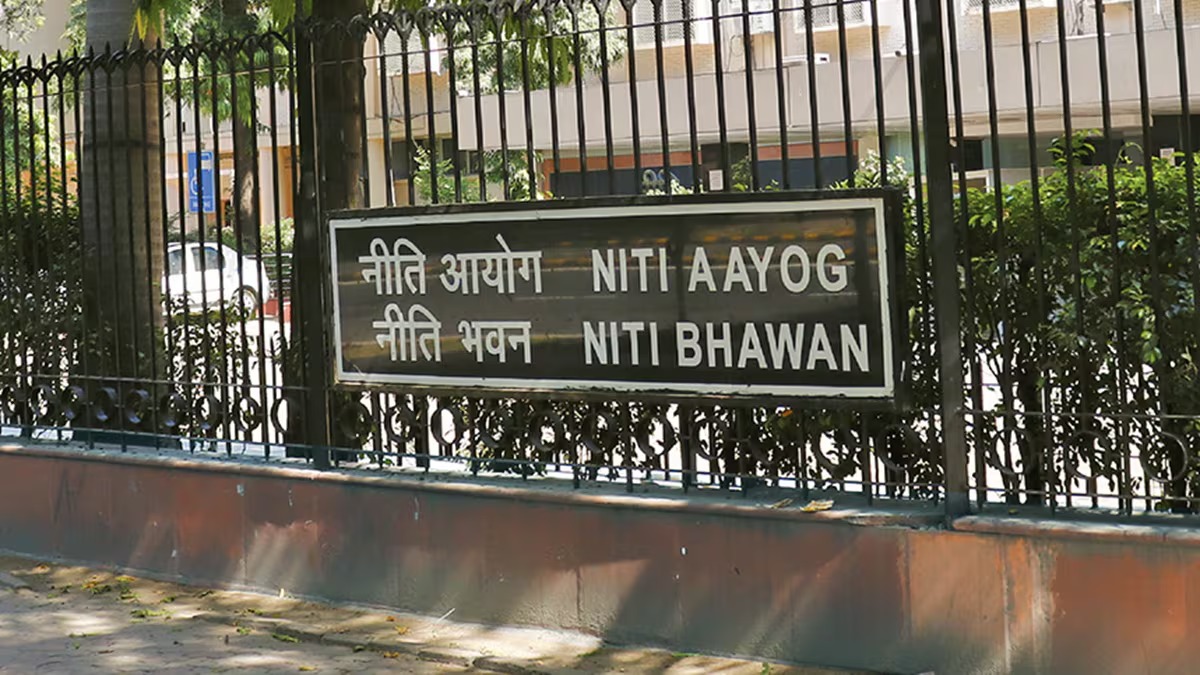Key Highlights
Indian engineering is flourishing, but in the age of AI, automation, and technology disruption, being a skilled coder or computer science whiz is not enough to survive and thrive in the long term. That is why the next generation of Indian engineers requires a more holistic, multidisciplinary way of thinking.
• The Widening Engineering World
Even as computer science and software professions remain in demand—most notably in fields like artificial intelligence, machine learning, data science, and cybersecurity—the future belongs to those who can combine these with other fields of engineering and emerging disciplines.
Mechanical, aerospace, electronic, and civil engineering are all experiencing renewed use to address trends such as smart cities, green infrastructure, electric vehicles, renewable energy, and advanced manufacturing. For example, mechanical engineers are being sought more and more for automation, robotics, and sustainable design careers, with manufacturing becoming a leading employer in 2025.
• Skills That Go Beyond Code
Today's employers seek engineers who are not only proficient in coding but also proficient in problem-solving, creative problem-solving, and cross-functional collaboration. The ability to work on big data, familiarity with hardware-software integration, and the application of engineering principles to problems of the real world are highly valued.
Soft skills like communication, project management, and flexibility are becoming as important as technical skills, especially as careers are being extended into project delivery, process improvement, and cross-discipline innovation.
• Emerging Opportunities
The fastest-growing sectors are in AI, cloud computing, data analytics, renewable energy, and smart infrastructure. These engineers who bring coding to these sectors along with domain knowledge will be most likely to be high-impact professionals and leadership hires.
Tier 2 and 3 cities are also becoming technology hubs, providing new opportunities outside the traditional urban areas.
Takeaway If they have to excel in the new world of work, India's young engineers will have to move away from the traditional computer science, embrace multidisciplinary learning, and acquire technical and soft skills. The future belongs to those who can innovate across boundaries and adapt to changing requirements.
References: KCG College of Technology, Nucamp, BMU, CADD Centre








